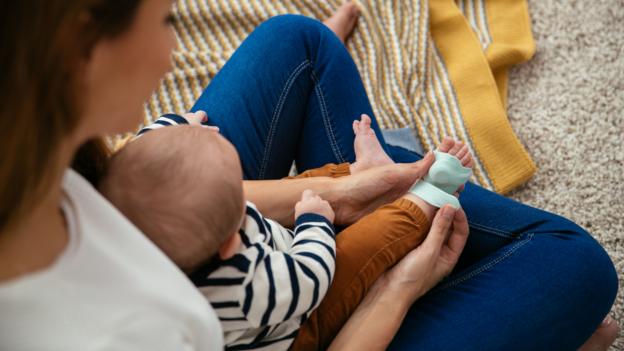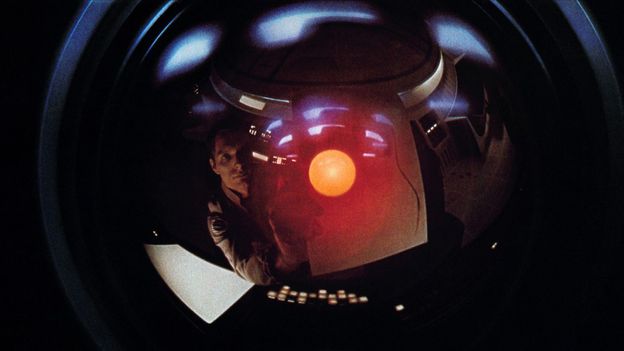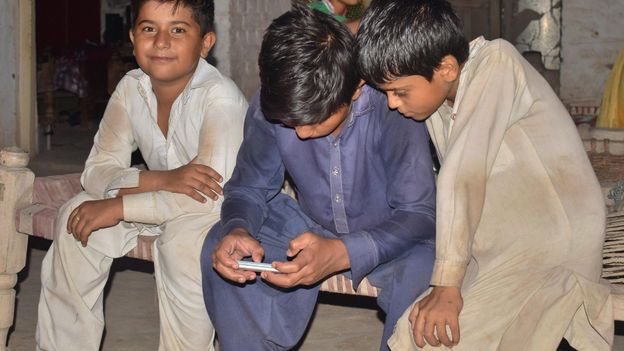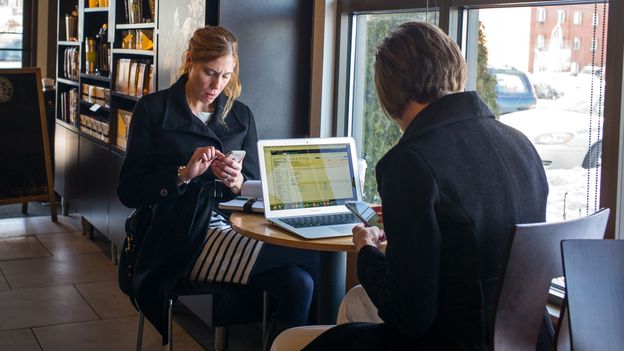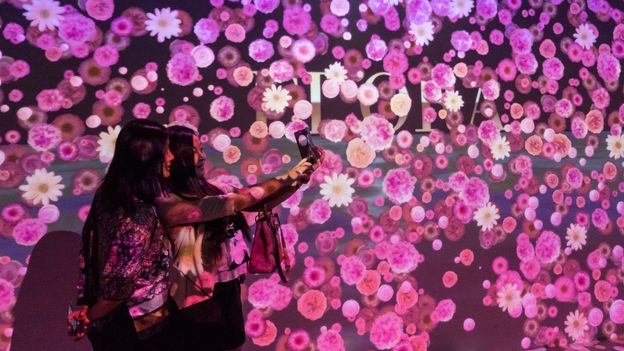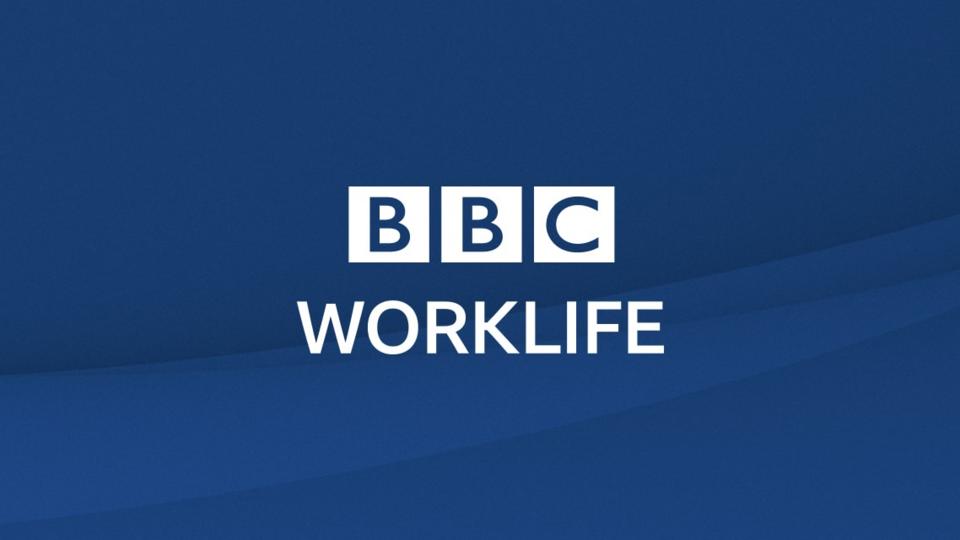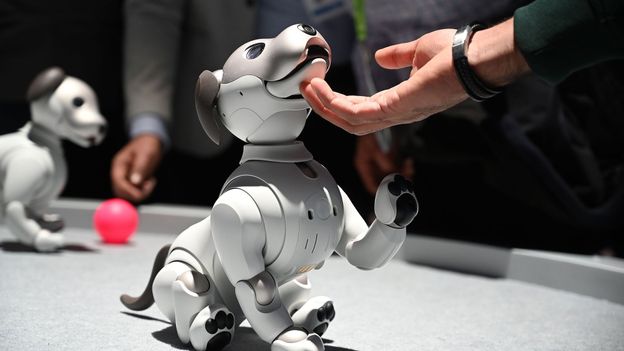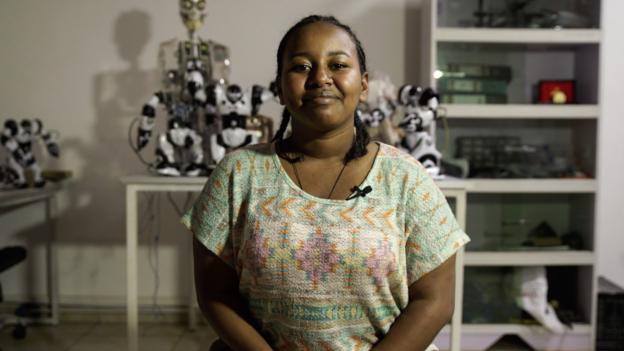For those with hundreds to spend on a sleep coach, spending more than $1,000 on a cot might not seem a stretch. But as many parents around the world struggle with providing basic necessities, baby technology is not only out of reach, it is a luxury. “Having a child can be quite expensive already, even just for the basics like a crib, food, diapers, etc,” says Todd Kunsman, founder of personal finance advice website Invested Wallet. “While these smart products may be ‘nice-to-haves,’ they are not necessary items.”
Elisabeth Gugl, an associate professor of economics at the University of Victoria who researches family economics, worries that, until this new industry can gather evidence to back up its economic and medical claims, parents won’t be able to separate fact from fiction, and companies can target anxious parents with false information to make a sale.
Still, many who use these monitors are strong proponents. “I have recommended Owlet to every single person I’ve met since getting pregnant,” Elliott says. (Dowdy says the same of her Snoo cot.) Elliott is even saving her Owlet sock for her next child.
A generation of data-driven parenting is, in other words, coming. As Dohyeong puts it, “It’s not a matter of choice. It’s a matter of time.”
To comment on this story or anything else you have seen on BBC Capital, please head over to our Facebook page or message us on Twitter.
If you liked this story, sign up for the weekly bbc.com features newsletter called “If You Only Read 6 Things This Week”. A handpicked selection of stories from BBC Future, Culture, Capital and Travel, delivered to your inbox every Friday.

